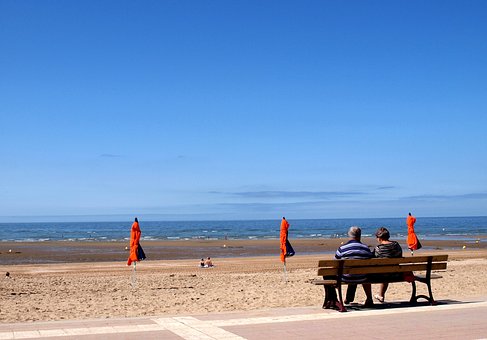Techniques For Relaxation Today

Techniques For Relaxation Today
Techniques For Relaxation TodayWhen looking for relaxation techniques you will find there are many forms. Here are a selection of four techniques you can choose from and use when practicing relaxation.
Relaxation techniques and methods

For a deeper state of relaxation you might want to use a combination of these relaxation techniques.
Relaxation techniques: Meditation
Meditation is a mental exercise. You choose an object or a visual image and focus on it. A popular method is focusing on the breathing. A lot of people prefer the lotus position when doing this exercise. By keeping the spine straight, energies are allowed to flow better.
This helps to develop something called mindfulness. Random thoughts are reduced when mindfulness is being developed. You can be more productive with fewer random thoughts because you can focus on one thing at a time.
Relaxation techniques: Progressive relaxation
Muscles are use with the progressive relaxation technique. This technique is use to help identify the difference between tensed and relaxed muscles. When you can recognise tensed muscles you can consciously relax them.
It is best to lay down when practicing this technique. You should focus on one muscle at a time. Tense the muscle for about 10 seconds. Then consciously relax it. Pause for a moment before moving on to the next muscle. Moving from each muscle from the top of the body through to the toes. After the exercise, each muscle should be totally relaxed. You may want to lay still for a while and enjoy the relaxing feeling.
Relaxation techniques: Breathing
There is a logical reason why breathing exercises helps you to relax. If you are tense you may have noticed you are breathing with your chest. Maybe fast and shallow.
This exercise helps you to get into the habit of breathing using your belly. You can notice the difference if you place one hand on your chest and the other on your belly. Inhale deeply and allow your belly to expand. The hand on your belly should move more.
To do the exercise sit in a comfortable chair. Your back should be straight. Both feet should be flat on the floor.
Inhale deeply through your nose and hold for as long as it feels comfortable. Exhale through your mouth which should be only slightly open. A pause before repeating the process has a better calming result with this exercise.
Relaxation techniques: Imagery

Another powerful technique is visualisation where you use your imagination. Guided imagery is a term often used for this technique. The practitioner imagines being in a calm and pleasant place. It doesn't have to be a place you have been to. Just as long as it is nice to imagine. The objective is to imagine being in a place where you are surrounded with things that makes you happy.
Used on there own, any one of these techniques can be quite relaxing. Used together you will find that the whole is greater than the sum of its parts.
If you wish to use a combination of these exercises, start with the progressive muscle exercise to relax you. Use the breathing exercise to maintain the relaxed state. And then use meditation or the imagery exercise to focus your mind and help reduce random thoughts.
http://www.articlesbase.com/self-improvement-articles/techniques-for-relaxation-today-2576198.html Booking a Last-Minute Caribbean Trip Getting the Weather Forecast When Traveling to Spain The Top London Nightclubs Egyp, holiday packages egypt, travel packages, Tour Packages in Egypt Organizing summer time event at your marina Opinions & Guide Spend a Day at a Beach in Brixham Interstate Shifting in Australia - A Simple Guidebook Great exhilarating tour to Burlington with flights to Burlington A hen evening with Champneys Collection and Warner Leisure Hotels Egypt nile cruise, Nile cruise holiday, M/S Movenpicke Royal Lotus nile cruise How to Review a Leased Property for a Franchise It's time to plan your holiday in Sardinia...and you four-legged pal is coming along! Blame Judges not Viewers for Pia's Exit on American Idol